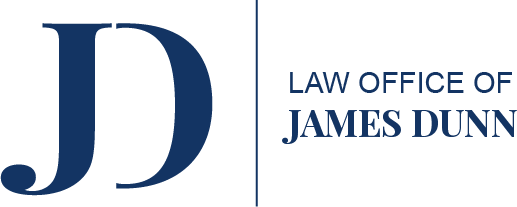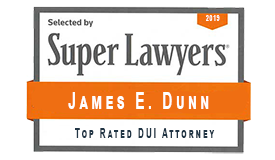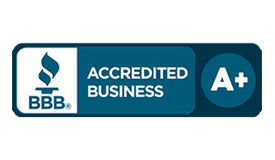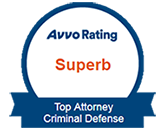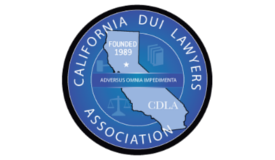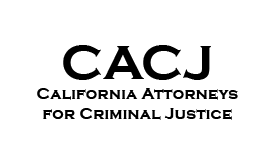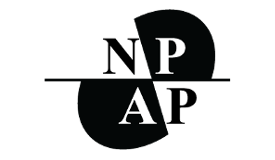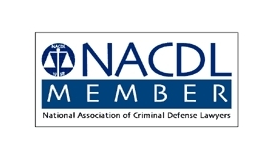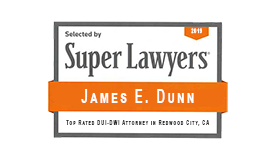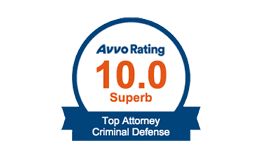
Do I have a case? Have a check fraud lawyer evaluate your check fraud case.
Arrested for Check Fraud in Silicon Valley or the Peninsula?
The Law Office of James Dunn defends bank fraud, check fraud and all criminal accusations throughout the Bay Area out of offices in San Jose, Redwood City and Palo Alto, and Dublin/Pleasanton CA.
There are a number of forgery and counterfeiting offenses that can get you into trouble in California. One of the most common is check fraud. This refers broadly to any attempt to manufacture, possess, or use a forged check. If you think check fraud is not that big of a deal, consider that it can be prosecuted as a felony depending on the situation. That is why you need to speak with a qualified check fraud attorney if you are accused or even suspected of passing a bad check.
What is CA Penal Code Section 476 and Check Forgery?
The elements of check fraud are defined by Section 476 of the California Penal Code. In exact terms, check fraud occurs whenever someone “makes, passes, utters, or publishes, with intent to defraud any other person” or “who has in his or her possession” a “fictitious or altered bill, note, or check.” Section 476 applies regardless of whether the bad check was successful; the attempt itself is just as much a crime.
A “fictitious” or fake check basically means a check that is drawn on a non-existent bank, financial institution or account, or one endorsed by a non-existent person. An altered check is an instrument that may have been legal in its original form, but one or more critical details have been changed, such as the dollar amount, date, routing number, or check number.
So to take one example of check fraud: Someone pays you with a legal check for $250. You add a zero to the end of the dollar amount and try to pass it off as a $2,500 check. This is an open-and-shut case of check fraud under Section 476.
However, what if you unknowingly possess or pass off a bad check? To amend the above hypothetical, someone pays you with a $250 check drawn on a fictitious bank. You go to cash the check (without altering it this time) and are then arrested for committing check fraud.
<blockquote>Without intent there is no crime and you are not guilty. So if you never intended to possess or cash a fake check, you have not committed fraud. And if, in fact, you are the unwitting recipient of a bad check that someone gave you, that person should be the one prosecuted for check fraud.</blockquote>
What If I Am Overdrawn on My Own Bank Account?
Now what about a case where you pass a bad check rather than a fake check, i.e. you write a check on an account that has insufficient funds? This is not a crime under Section 476, assuming the check itself was not a fake. But it is a crime under Section 476a. More precisely, it is a crime to write a check when you know there is insufficient funds in your account and you intended to commit fraud.
Something else to keep in mind. If you intentionally try to pass off a fake check, it technically violates both Section 476 and 476a. After all, if you write a check on a non-existent account, there are obviously “insufficient funds” to pay the check, as no funds existed to begin with.
What Is the Penalty for Check Fraud?
Check fraud falls into a category of laws known as “wobblers.” A wobbler is an offense that, depending on the defendant’s prior criminal record and the given facts of a case, can be prosecuted as either a misdemeanor or a felony. In most cases, it is up to the prosecutor how to proceed.
However there are some limits on this discretion. In 2014, California voters approved Proposition 47, an initiative that amended the classification of certain offenses under the Penal Code. Among the amended provisions was Section 473(b)), which states that any “forgery related to a check” of $950 or less must be prosecuted as a misdemeanor. (This covers both Sections 476 and 476a.) A misdemeanor check fraud conviction carries a maximum sentence of 1 year in the county jail and/or a fine of up to $1,000.
In contrast, if check fraud involving an amount over $950 is prosecuted as a felony–and again, this is up to the prosecutor–a conviction may result in a jail term of between 16 months and 3 years depending on the circumstances, as well as a maximum fine of $10,000.
What Other Offenses Are Related to Check Fraud?
Besides fake checks and fraudulent checks, if a person signs someone else’s name to a check without their consent, that is considered check forgery. Forgery applies to a wide category of business and legal documents, and it is dealt with under Section 470 of the Penal Code. But if you are arrested for forging a signature on a check, you can only be prosecuted for violating either Section 470 or Section 476, not both.
In addition, if you actually manage to obtain goods or services using a fake check, you can be charged with theft in addition to check fraud. As with check fraud, “petty theft” is classified as misdemeanor if the value of the goods and services is $950 or less. If the value exceeds $950, prosecutors again have the discretion to charge the defendant with felony “grand theft.”
When Do You Need to Call a San Mateo or San Jose Check Fraud Attorney?
Hiring an attorney should always be your first move following an arrest. When it comes to check fraud, a qualified attorney may be able to get the case dismissed if there is insufficient evidence. At a minimum get the prosecutor, an attorney can negotiate a deal with the prosecution to avoid jail time. Many first-time offenders are placed on probation or in a “diversion” program.
Having an attorney is especially critical if you fall into the “wobbler” category where the prosecutor may bump your charge to a felony. At the Law Office of James Dunn, we know how to deal with such contingencies. Call us today to schedule a consultation.

Half the Cost, Twice the Work
Jim Dunn fixed my previous lawyers blunders, literally cost half as much, didn’t charge me until my case was settled. He got me the best possible outcome after miscommunications with the courts, mostly my previous lawyer was to blame. There were countless little things that Jim did that won’t get named here, but he visited me in Jail on a Sunday evening, he fixed the miswriting of the court scribe, a last minute catch on Jim’s part, my case was first, his pay was second. I like him, he is personable, he called to check on me, I could call him and actually reach him, not go through a secretary and hope to be reached in the same day like my last lawyer. I would definitely hire him again and even form a partnership to become the family lawyer. If you have a run in with with law, you want Jim Dunn on your side, he only tells you the truth, and genuinely wants to help you!
Reviewer: Charlie M. — September 4, 2015 – San Mateo, CA


